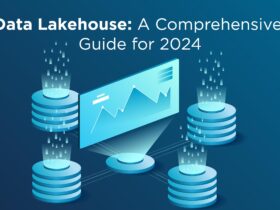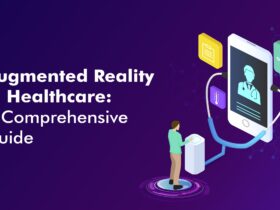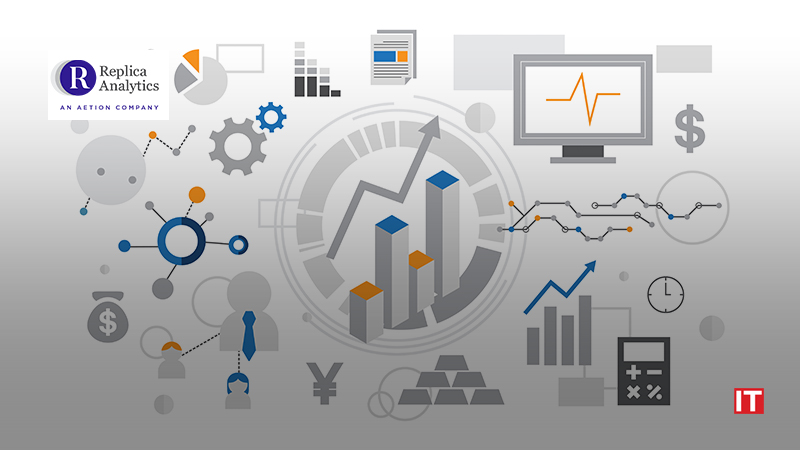A new book being published by Replica Analytics, an Aetion company, offers a complete and contemporary risk assessment methodology for accurately measuring and effectively managing the risks associated with sharing health data for secondary purposes.
To innovate and improve healthcare, organizations need to leverage data, but they can face challenges sharing data while preserving privacy and complying with data protection laws. The Cardinal Methodology for Evaluating Identity Disclosure Risk for Non-Public Data is a new publication that brings together a suite of thoroughly researched, tested and applied practices for quantitatively assessing the identifiability of real-world data and clinical trial data. The risks can then be managed with the right safeguards, usually a combination of data transformations and controls, to enable responsible use and sharing of data for secondary purposes, such as different types of analytics and machine learning projects.
The new book, which details a methodology developed through real-world applications, is co-authored by Dr. Khaled El Emam, Senior Vice President and General Manager of Replica Analytics, an Aetion Company, and Lucy Mosquera, Replica’s Director of Data Science. It illustrates how applying the Cardinal Methodology can help organizations maintain a high level of data utility while at the same time protecting privacy.
Also Read: Quectel supports India’s 5G roll-out with IoT modules, antennas and services
“Our Cardinal Methodology is highly operational, going beyond simply a principles-based approach,” says Dr. El Emam, who has spent two decades developing and deploying data analytics and privacy enhancing technologies. “With it, we help our partners and clients implement successful re-identification risk management programs and offer the supporting documentation for the risk reports they need on specific datasets. Synthetic data generation is one tool that can be leveraged to manage the risk of re-identification.”
The book is being launched in conjunction with a training course, Practical De-identification Methods for Health Data, taking place October 24 and 25, 2022 at the Aetion office in New York City. The book will be made available to Replica clients and partners, as well as participants of its training and education sessions. The authors will update the methodology as the evidence continues to accumulate and the science evolves.


































